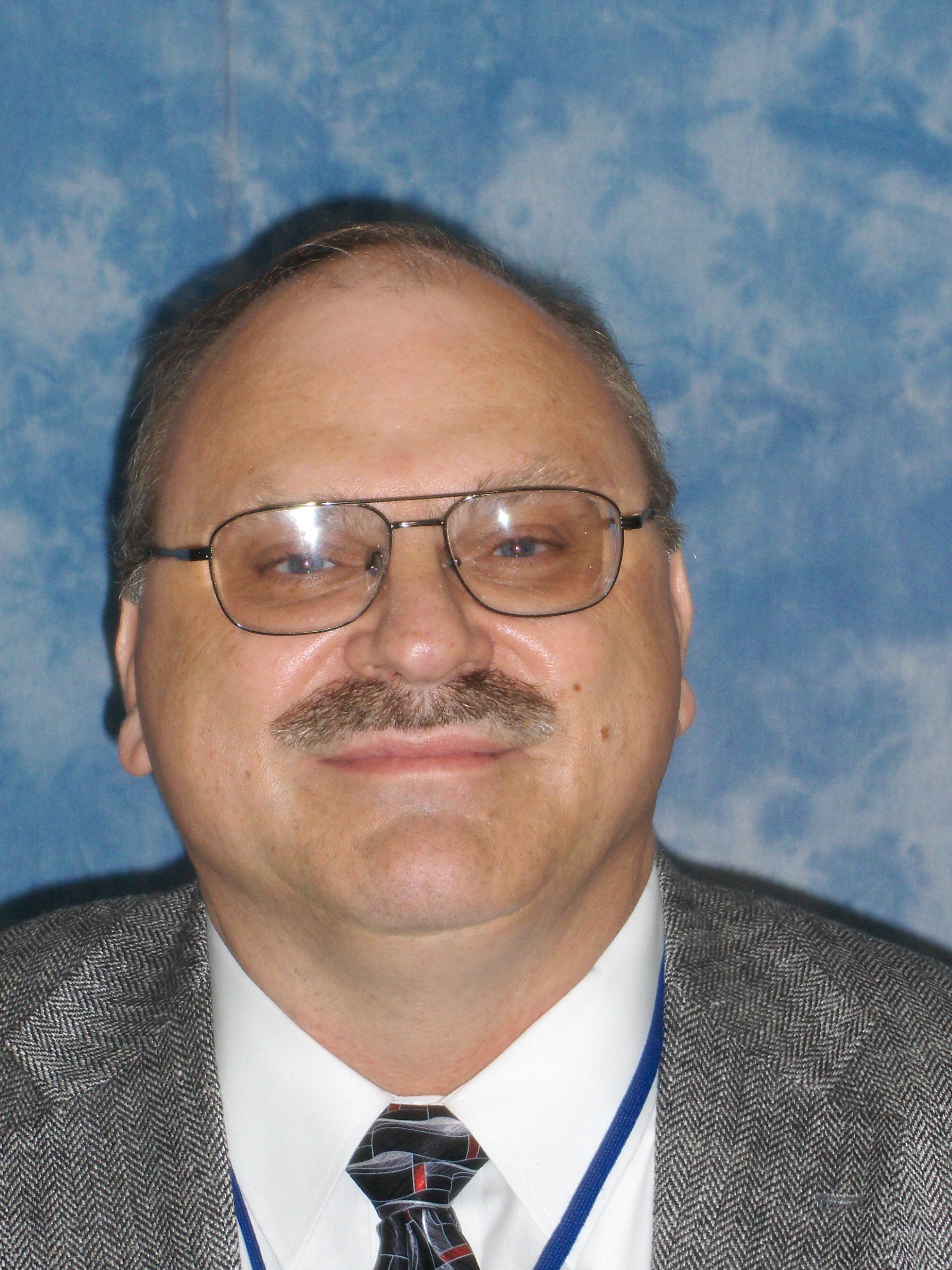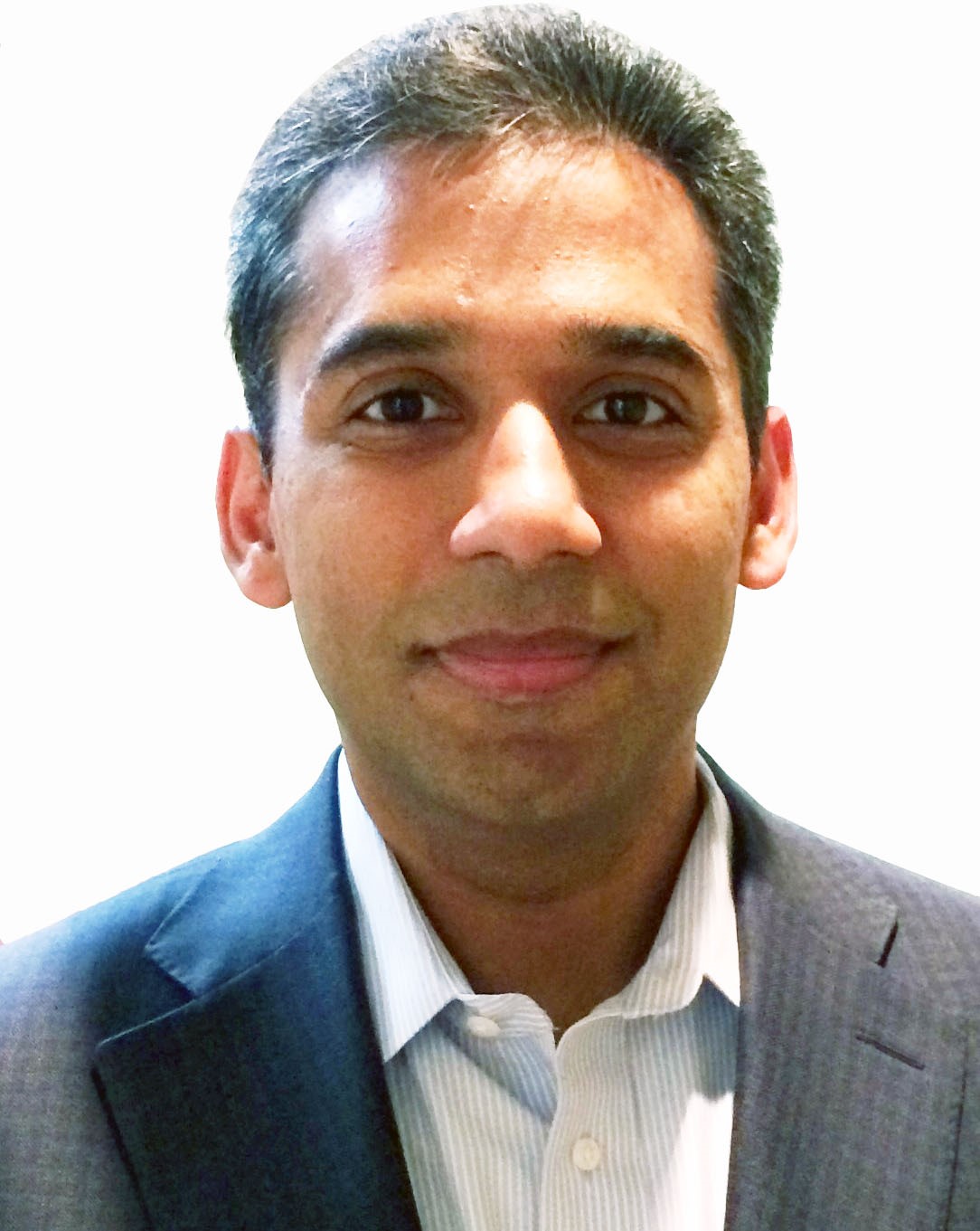
Thomas E. Pratt, CPSS and David B. Shaw, Ph.D.
Veteran “X” is a peer-led mental health recovery program in which the participants serve as the treatment team for a fictitious Veteran “X”. Veteran “X” has a number of social barriers that are similar to those faced by the group’s participants. While empowering Veteran “X” to solve issues, the participants gain valuable recovery skills and factual information to resolve their own concerns.
Veteran “X” was established at the Hampton (Virginia) VA Medical Center in 2009 and, since its inception, the program has helped more than 1,800 Veterans in the Hampton Roads area. In addition to helping Veterans locally, Hampton’s Veteran “X” program has developed a national training program for Veteran “X” facilitators. Sixteen Peer Support Specialists have become certified Veteran “X” facilitators and 24 programs have been established at VA medical facilities nationwide.
 The group empowers Veteran “X” to navigate many of the challenging obstacles on the path of recovery in a supportive, collaborative environment with peers through role-play, brainstorming, information-gathering, and facilitator-led group activities.
The group empowers Veteran “X” to navigate many of the challenging obstacles on the path of recovery in a supportive, collaborative environment with peers through role-play, brainstorming, information-gathering, and facilitator-led group activities.
Participation incentives, such as certificates, t-shirts, key chains, and wrist-bands, help to contribute to the sense of accomplishment for individuals participating in the program. The incentives also add to the camaraderie Veterans experience as they identify with others attending the program.
Program success lies on tapping into military culture
Thomas Pratt, a once homeless Navy Veteran and peer support specialist at Hampton who founded the Veteran “X” program, uses his own story of recovery as a catalyst in the lives of others. He modeled Veteran “X” on the idea that Veterans have been trained to work together as a team. According to Pratt, an attitude to help a fellow Veteran as a team comes naturally to program participants as a consequence of their military training.
Veterans identify multiple benefits from participating in Veteran “X”, including those quoted here:
- Veteran “X” is a very powerful group
- A lot of knowledge and understanding
- Very serious and informative
- Issues get discussed, not presented
- Great comradery!
- The Veteran “X” program has motivated my action to not “just do it,” but do it now
- This is a necessary ingredient to the soup of our recovery
- Helped me advocate for my needs
While the Veteran “X” program is commonly a coed peer group, a sister program entitled Veteran “Hope” has been developed to focus on the unique issues experienced by female Veterans. Women participating in these groups have commented that they feel more comfortable discussing certain issues in the company of other women.
Training makes the program scalable
Veteran “X” programs are facilitated by Peer Support Specialists who have completed a multi-day training followed by at least five months of consultation calls with Veteran “X” program experts. The training program provides advanced instruction in group facilitation skills, in addition to training in the development of a Veteran “X” program. Certification as a Veteran “X” Peer Facilitator is achieved after a successful fidelity visit where adherence to the program model is assessed by experts observing a live session.
Veteran “X” has the potential to be adapted to multiple settings. Programs have been successfully established in community resource and referral centers, outpatient mental health clinics, post-traumatic stress disorder clinics, psychosocial rehabilitation and recovery centers, residential treatment centers, homeless programs, and combined outpatient/residential programs. As long as participants can relate to the Veteran “X” scenario, which is customized for each program, there are no limitations on who can participate.
Research on effectiveness is currently in progress to establish an evidence base for the Veteran “X” program. One study is looking at the relationship of Veteran “X” program participation to self-reported changes in psychiatric symptoms and recovery-related behaviors. Another study is looking at the relationship between Veteran “X” participation and functional outcomes, such as use of emergency services, adherence to outpatient treatment, hospitalization, income, and housing. Results from these studies are expected to be available within the next year.
Funding for the Veteran “X” program has come from VA Center for Innovation, Employee Innovation Competition Award. Further support has come from the Hampton VA Medical Center, Veterans Integrated Service Network Six (VISN 6).
Editor’s Note
Below are links to media reports about the program:
- VA program to use team approach to help veterans
- Veteran X
- Veteran X: Hampton-based therapy program goes national
- Veteran-centered recovery program uses innovative approach to mental health
- Peer program at Hampton V.A. receives national recognition
- Veteran X: A fictitious character teaches real lessons
Your Turn
- Have you experienced a program like Veteran X? What were the benefits?
- How would a program like Veteran X benefit you or a loved one?
Bio
Thomas Pratt is the author and creator of the highly successful peer-led Veteran “X” program, which is a recipient of the 2012 VHA Employee Innovations Competition Award. Tom is a 16-year United States Navy Veteran who has served in both peace and war time. He became a Hampton VA Employee as a Peer Specialist In March 2009, has served in numerous national peer-related committees within the Department of Veteran Affairs, and is VISN 6’s Peer Specialist Network Point of Contact. Tom is certified by the Copeland Center as an Advanced Level WRAP Facilitator, one of only a few within the Department of Veterans Affairs. Tom models that “Recovery” is possible for all those he encounters. He is a shining example that recovery is not only possible but achievable.
Dr. David Shaw is a Clinical Psychologist with almost 30 years of experience in mental health treatment. In the past, he has been involved in research in Schizophrenia, but he has concentrated the last few years in the area of Peer Support, specifically the Veteran “X” program. Dr. Shaw serves as the Veteran “X” Project Team Lead.








Connect With Us